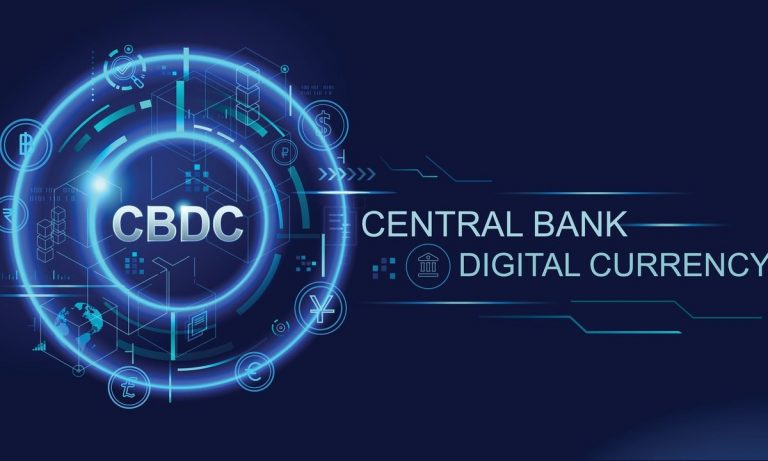
The European Central Bank (ECB) announced on October 17th, 2023, that it has entered the “preparation phase” for the development and launch of a digital euro, a central bank digital currency (CBDC) that would complement the existing cash and payment systems in the euro area. The preparation phase is expected to last for about two years, during which the ECB will conduct technical and policy work to design the features and requirements of the digital euro.
According to the ECB, the digital euro would be a form of electronic money issued by the central bank that would be legal tender and accessible to all citizens and businesses. It would be available through digital wallets provided by intermediaries, such as banks and payment service providers, and would allow for online and offline payments, as well as peer-to-peer transfers. The digital euro would be backed by the ECB’s assets and would not entail any credit or liquidity risk for users.
The ECB’s decision to launch the preparation phase was based on the results of a public consultation that took place between October 2022 and January 2023, as well as an investigation phase that involved experiments and analysis by the ECB and the national central banks of the euro area. The public consultation received more than 8,000 responses, which showed a high level of interest and support for a digital euro, as well as a preference for privacy, security, usability, and low cost as the main features of the CBDC.
Tekedia Mini-MBA edition 14 (June 3 – Sept 2, 2024) begins registrations; get massive discounts with early registration here.
Tekedia AI in Business Masterclass opens registrations here.
Join Tekedia Capital Syndicate and invest in Africa’s finest startups here.
One of the key questions that arises from the introduction of a digital euro is how it will affect the banking sector. The ECB has stated that the digital euro is not intended to compete with or substitute bank deposits, but rather to offer an alternative and complementary option for payments.
The ECB has also proposed some safeguards to limit the potential impact of the digital euro on banks, such as imposing a cap on the number of digital euro that each user can hold, charging a penalty interest rate for holdings above a certain threshold, or requiring intermediaries to remunerate or invest part of their digital euro holdings with the central bank.
The ECB argues that the digital euro could also bring some benefits for banks, such as reducing their dependence on costly and inefficient payment systems, enhancing their customer relationships and loyalty, and creating new business opportunities and revenue streams. The ECB also expects that the digital euro will stimulate innovation and competition in the payment market, which could lead to more efficient and diverse services for users.
The ECB stated that the main objectives of the digital euro are to support the digital transformation of the European economy, to foster financial inclusion and innovation, to enhance the resilience and diversity of the payment system, and to reinforce the international role of the euro. The ECB also emphasized that the digital euro would not replace cash, but rather complement it as a means of payment.
The preparation phase will involve close cooperation between the ECB and various stakeholders, such as national authorities, European institutions, market participants, civil society organizations, and international partners. The ECB will also conduct user testing and experimentation to ensure that the digital euro meets the needs and expectations of users.
At the end of the preparation phase, the ECB will decide whether to launch a formal investigation phase, which would last for about three years and would involve a pilot project with selected users.



